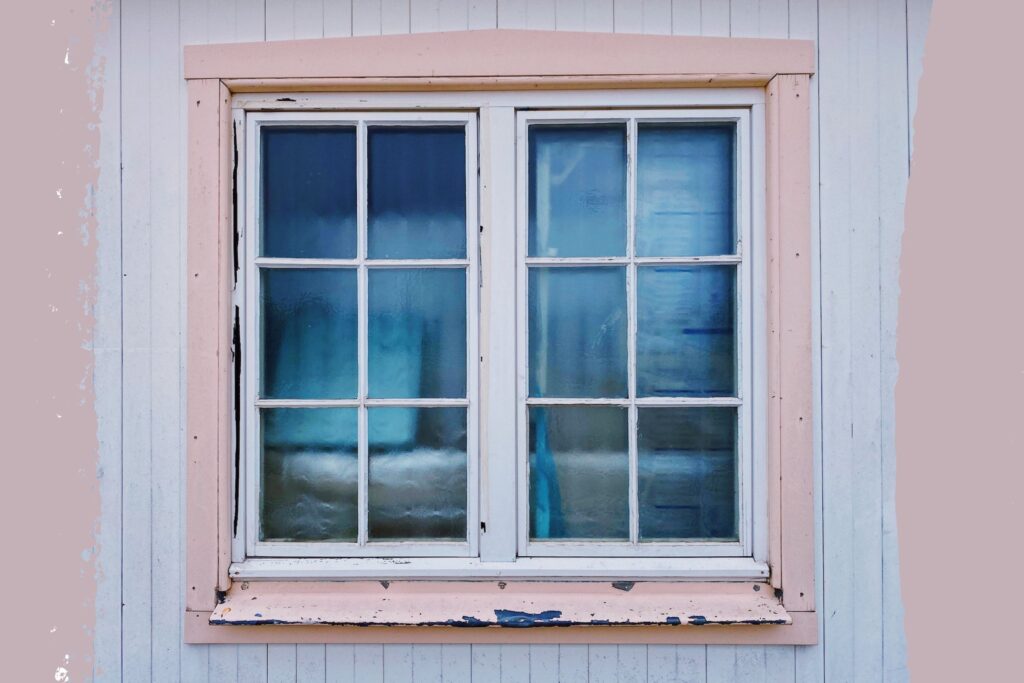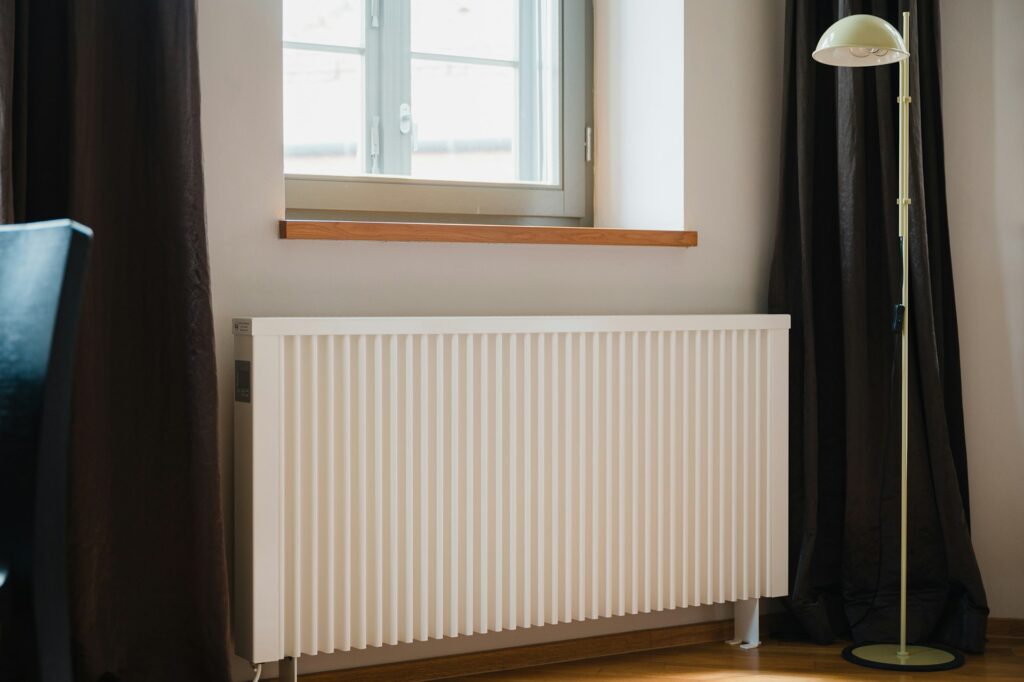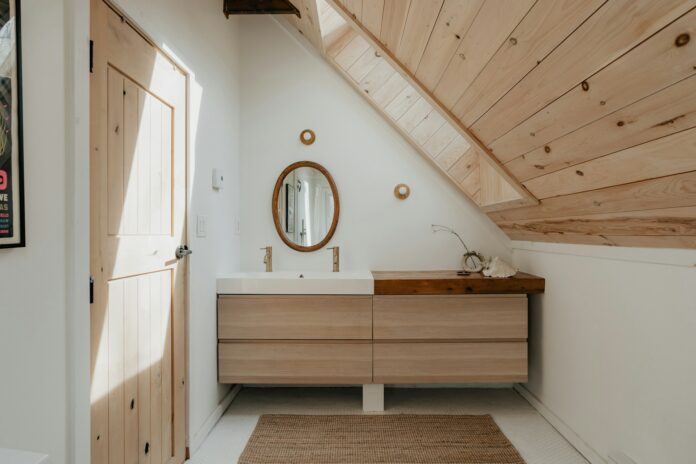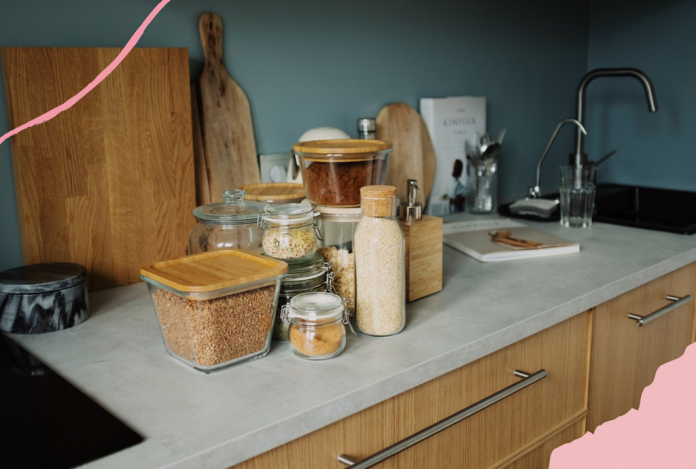Sometimes, when the colder climes kick in, those looking to warm up their homes simply turn up the heat to full. A quick fix solution, sure, but doing so doesn’t take the time to consider what might not be seasonal factors, but rather structural issues which need addressing.
Don’t be that guy; doing so could waste money, energy, and worst of all, do a damage to the environment which could easily be avoided. Fortunately, there are several different tricks and techniques that you can put into practice, ranging from the simple and affordable to the more expensive and time-consuming, which can stop your home losing heat and keep your energy bill low in the coming months. With that in mind, here are 6 methods to prevent heat loss at home this Winter.
Insulate Your Home Properly
The clearest cut, most foolproof way to reduce your home’s energy bills is to insulate your house properly. Sadly, identifying exactly where the heat is being lost isn’t quite so clear cut.
There are several places where your abode can lose its heat, including the floor, windows, doors and roof. If you don’t insulate your home properly, a lot of this energy can end up going to waste, which is detrimental to your bank balance and more importantly, the health of the planet. If your reluctance to strengthen your property’s insulation is due to the cost, then you may even be able to get a grant from the government to cover some of the fees involved.
Loft and cavity wall insulation, in particular, might be covered. Check out the Government approved website advising on such matters, where you can enter your postcode to see your eligibility for localised grants. The Energy Saving Trust has great advice, too.

Pay Attention To Your Windows
Windows can account for up to 25-30% of your home’s heat loss, making them a crucial area to address for energy efficiency. Double and triple glazing are excellent long-term solutions, significantly reducing heat loss through the windows while also providing added benefits like noise reduction and increased home security. If you’re considering this upgrade, look for windows with a low U-value rating, as this indicates better insulation performance.
However, if double glazing isn’t currently within your budget, there are several cost-effective alternatives you can implement immediately. Start by installing heavy-duty window films – these transparent sheets create an additional barrier against heat loss and can be applied using just a hairdryer and some patience. For older windows, draught-proofing strips are particularly effective at sealing gaps in window frames. Choose self-adhesive foam strips for windows that open, and silicone sealant for windows that don’t.
Don’t overlook the window frames themselves. Check for any visible gaps or cracks and seal them using appropriate weather-stripping materials or caulk. Pay special attention to where the frame meets the wall, as these joints often develop gaps over time. For wooden frames, regular maintenance including painting and sealing can prevent warping that leads to draughts.
As the team at GT Glazing recommend for during particularly cold spells, consider using temporary secondary glazing kits, which involve attaching a layer of clear plastic film to your window frame using double-sided tape and shrinking it tight with a hairdryer. While not as elegant as permanent solutions, these kits can reduce heat loss significantly and are very cost-effective.

Use Draft Excluders For Your Doors
One of the most overlooked yet significant sources of heat loss in homes comes from the gaps under doors, particularly external doors and those leading to unheated spaces like garages or utility rooms. Installing draft excluders – whether store-bought or homemade – can make a noticeable difference in keeping your home warm and reducing your energy bills.
For external doors, consider fitting a brush strip or rubber seal to the bottom of the door. These are relatively inexpensive and can be easily installed with basic DIY skills. For internal doors, you could opt for fabric draft excluders, which can be simply placed against the bottom of the door when closed. These come in various designs to match your home décor, or you could even make your own using old pillowcases filled with rice or dried beans.
Additionally, don’t forget about letterboxes and keyholes – small brushed covers for these openings can prevent surprising amounts of cold air from entering your home. This simple and cost-effective draught-proofing solution can complement your other heat-saving measures and contribute to a warmer, more energy-efficient home.
Check Out Your Radiators
The first step that you can take to get your radiators working more effectively is to bleed them. Doing so will mean you’re using the heat generated effectively and efficiently.
Essentially, this means getting rid of any trapped air that is preventing them from giving off the maximum amount of heat. When you are spending so much money on heat, it makes sense that your radiators are working to their full potential.
It’s fairly easy to do this; with the heating turned off, simply take a radiator key and open your radiator’s valves (this should be obvious as the item which can be turned with the key usually positioned on the side of the radiator). Then, be prepared to catch the drips that follow, which will slowly turn into a steady stream. Once that stronger stream is present, you’ve released all the air. Tighten back up and move on to the next one.

Install A Radiator Shelf
Another option is to install a radiator shelf, which will direct the heat forwards in the room, rather than allowing it all to simply rise to the ceiling. You can get this item from most of hardware and DIY shops. Another simple step that you can take is to move anything away from your radiators that is causing a blockage, such as larger items of furniture.
Invest In Some Good Quality Curtains
We have already covered how much heat can end up being lost through your windows. Rather than letting this become too much of an issue, investing in some good-quality curtains can make such a big difference in your fight against heat loss.
Make sure that you also keep them open at the right time – allowing the sun to stream in when the weather allows for it. Avoid letting your curtains hang over the radiators as this can prevent the heat from warming the whole room.





